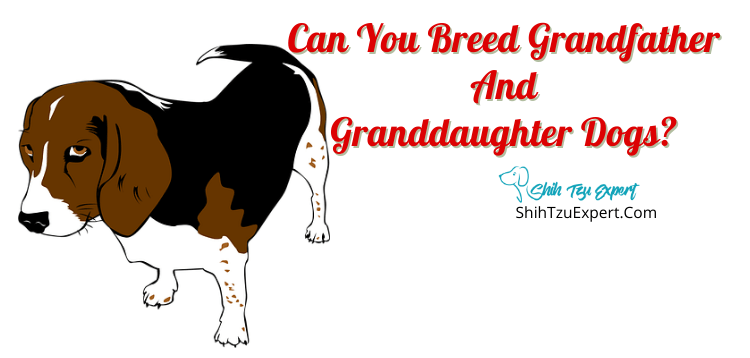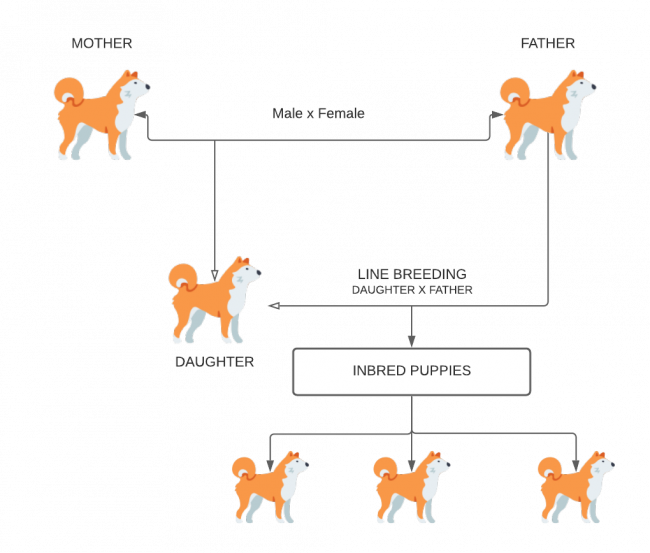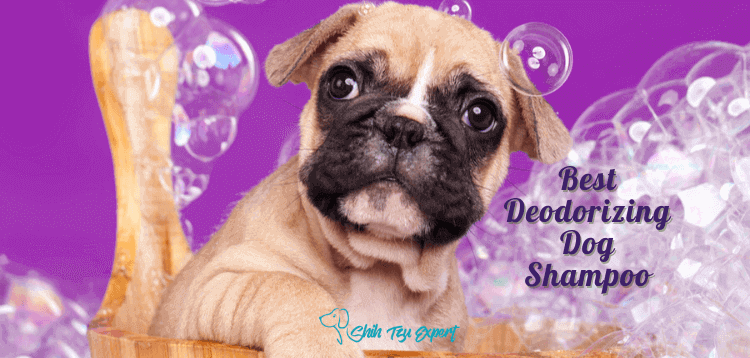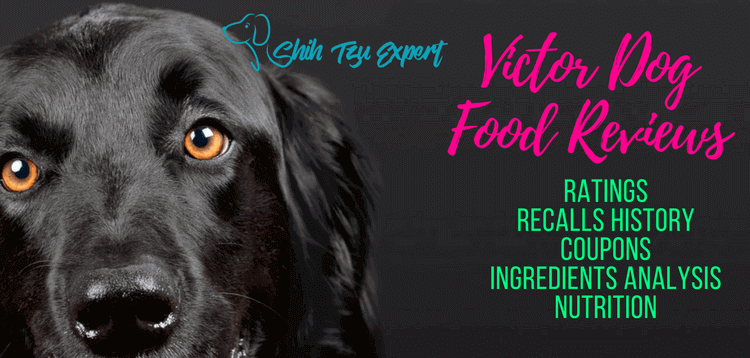Breeding dogs has always been a lucrative and fascinating study of science, watching the way genetics work as each breed is attempting to improve with the next litter. The matter of where to start and why, has been an age-old question and I hope to give you some answers.
Can You Breed Grandfather And Granddaughter Dogs?
The short answer: yes. Knowledge of your particular animal as well as thorough studying of the breed standard that you wish to achieve will play a role in this. Going blindly into breeding can have devastating results and it is wise to consult other breeders as well as veterinary professionals before pursuing this. Linebreeding is a common practice and has typical, albeit restricted, success. Educating oneself and being financially prepared for what comes is absolutely essential and should not be taken lightly. No matter what, the ultimate goal should be to make the breed better and produce well-behaved animals that will go on to showcase the line.

What Are The Risks Of Grandfather To Granddaughter Mating?
As with any sort of inbreeding, most of the risks come from the lack of variation in the genetics, also known as homozygous. Before considering inbreeding, incredibly thorough genetic testing needs to be done to ensure that no “undesirable” traits are passed on to the litter. These can include hereditary diseases that could affect an animal’s mental health or result in physical health problems such as blindness or difficulty walking.
A breeder needs to understand which traits can be passed down and which can’t, as well as which ones are dominant and recessive. What this means is that some genes will always be passed down and will dominate, while others will need two recessive (non-dominant) genes to show up in the dog. If the animal only receives one recessive gene, the dominant one will take over but they will be considered a “carrier”. That particular animal will be able to pass it along to its own litter, but the trait will only show up if another recessive gene is passed along with it from the other parent.
What Is Line Breeding In Dogs?

Line breeding is when an animal is bred with a more distant relative such as a cousin, aunt, grandfather/granddaughter, etc.. This is pretty typical among breeds that have a wider genetic variety and will result in a lower risk for inherited disabilities.
Similar, but not quite the same, is inbreeding. This type of mating is done with an immediate family member like a mother, sister, father, etc..
Line Breeding Chart For Dogs

Source: https://mycuteanimals.com/linebreeding-dogs/#AKC_Line_Breeding_Rules
What Are The AKC Line Breeding Rules?
To be a part of the AKC (American Kennel Club), a registry of purebred dogs in the US, a few simple rules apply.
First, before you begin breeding, both the dam and the sire need to be registered with AKC as purebred animals. This ensures that the pups will also be purebred and can be registered as such.
Second, the AKC does not enforce a health standard for breeding but there is an age restriction. The sire must be between 7 months and 12 years of age, while the dam needs to be at least 8 months with the same age limit.
And finally, artificial insemination can be an option for breeding but there needs to be proof. A DNA certification needs to be presented. This procedure is also only allowed as long as their suggested guidelines are followed, regardless of if the semen was frozen, extended, or fresh.
Can You Breed Dogs Who Have The Same Grandfather?
Yes, as long as thorough testing is done and the realization that the pups that are bred are likely to be less successful in reproduction.
As aforementioned, the most prominent issue in line breeding is a lack of genetic variation. Sometimes this can be a positive thing, as it can guarantee certain “good” traits for the breed.
On the other hand, it can encourage “carriers” of unfortunate genetic conditions that are typically specific to the breed.
Can You Breed Uncle And Niece Dogs?
Just like breeding animals that are grandfather/granddaughter, this would be called line breeding. The dogs are just distant enough that the litter should still be fertile when they come of age, and as long as thorough testing has been done, breeding uncle and niece dogs should be fine.
Can You Breed Two Dogs With The Same Sire?
It is possible but not recommended. These dogs would be considered half-siblings and it gets dangerously close to inbreeding. It will likely increase risk of disability and disease and could very well result in some birth defects.
Another risk of breeding two dogs with the same sire includes severe risk of fertility. There is a very high chance that the pups will not be able to reproduce despite any effort made by a breeder.
Other sources conclude that the lifespan of the litter will be reduced due to the homozygous genes. As inbreeding and line breeding compound further down the line, the litters will live shorter and shorter.
How Close Is Too Close When Line Breeding Dogs?
Inbreeding is when direct descendants or immediate relatives are bred together. Although the AKC does not have strict guidelines in regards to the health of the purebred litters, it is not a practice that is used often. It is not recommended because of the insanely high risk of defects associated with it. Continuing with this practice over generations will slowly and surely put an end to the line.
Putting gaps between the relatives and including the occasional outcrossed sires or dams in the mix encourages healthier pets. Line breeding is mostly fine through the family tree, but introducing outcrossed (or unrelated) animals into the genetics gives the pets a higher fertility rate as well as more varied genetics.
Can You Breed Father And Daughter Dogs?
This is considered inbreeding. It is possible to do so, but risks are heavy. Reproductive abilities of the litter are reduced to just 1.8% chance and there is a severe consequence of birth defects and genetic abnormalities later in life. When you consider the risk to reward, it is not worth breeding animals so closely.
Can You Breed Cousin Dogs?
As long as the cousin dogs only share a grandparent and not also a parent, this should be just fine. This would be considered line breeding and is a common practice to encourage some variation in genes, but not a ton.
Ideally, the parents would have been outcrossed (mated to a dog not related to their family at all) to encourage the most success in the pups.
What To Consider When Inbreeding Dogs
1. Reproductive Health And Medical Concerns
According to prominent studies, reproductive health is heavily impacted when inbreeding. The more homozygous (or limited gene pool) a dog is, the less likely it will be fertile. Line breeding, which is a term applied when using more distant relatives, has a 12.8% higher chance of being successful in reproduction, as opposed to only 1.8% in inbred dogs.
Inbreeding can also lead to a slew of medical concerns, the primary of which is genetic disorders. These can occur due to a single set of chromosomes being dominant or they can be polygenic, which means that multiple genes worked together to create a complicated disorder. Common polygenic disorders include hip dysplasia, epilepsy, and congenital heart defects.
2. Improving The Breed Through Genetics
The singular dog itself should not be the only consideration when looking for the breed standard. Its litter will not be an exact replica of the dog, only a representation of both good and bad genetics. If an animal is a carrier of a recessive genetic disease and is bred with another pet that has that same recessive gene, it will increase the likelihood of this disability occurring.
Before breeding, thorough genetic tests should be ordered for both the dam and the sire to ensure that the match is appropriate. Family trees are also recommended to check for any line breeding or crossover in unfortunate medical concerns.
3. Appropriate Age Range
Both males and females are ready to be bred at the age of six months, however the AKC limits this to promote success.
Their rule is for sires to be from seven months old to twelve years old. After a certain age, the dog is no longer in its prime and continuing to breed past the age cap can produce abnormalities or even the lack of pregnancy due to infertility.
For dams, they should be between eight months and twelve years of age. This is to ensure that their bodies will be fully prepared for pregnancy as well as gives them time to start their estrus cycles. These are essentially the equivalent to a human woman’s menstrual cycle, but will only occur approximately once every six months.
How To Measure The Degree Of Inbreeding In Dogs?
The inbreeding coefficient (CoI) can be used to determine the degree of inbreeding in dogs.
This can be determined through the Kennel Club (United Kingdom) here: https://www.thekennelclub.org.uk/search/inbreeding-co-efficient/
The AKC does not currently have a database like the Kennel Club, but this information may be readily found on specific breed-related sites or can be attained through your own study.
For your perspective:
- 0% – a dog with two unrelated parents
- 12.5% – typically from line breeding, such as a grandfather/granddaughter
- 25% – usually from inbreeding like a father/daughter or brother/sister
- More than 25% – inbreeding has occurred in multiple generations
References
- https://bornforpets.com/2021/01/14/can-you-breed-grandfather-and-granddaughter-dogs/
- https://www.topsfieldbassets.com/breederstoolbox/lets_talk_linebreeding.htm
- https://www.akc.org/breeder-programs/breeder-education/akcs-guide-responsible-dog-breeding/
- https://davidcavill.wordpress.com/a-beginners-guide-to-inbreeding-and-line-breeding/
- https://breedingbusiness.com/breeding-half-sibling-dogs/
- https://www.thekennelclub.org.uk/health-and-dog-care/health/getting-started-with-health-testing-and-screening/inbreeding-calculators/

![12 Best Dog Clippers for Shih Tzu [Fun & Easy Grooming] 12 Best Dog Clippers for Shih Tzu [Fun & Easy Grooming]](https://shihtzuexpert.com/wp-content/uploads/2017/04/Best-Dog-Clippers-for-Shih-Tzu-1.png)


